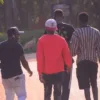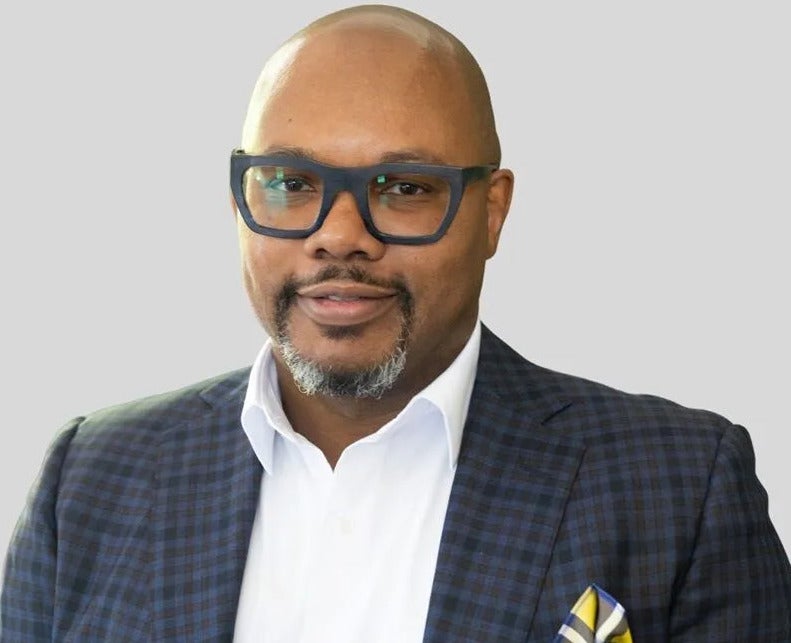
At 42, Christopher Williams was active and fairly happy. Having created a routine of eating fairly healthy and working out 3-4 times per week, he was doing right by body. That’s why he was particularly shocked when his body betrayed him.
“My first heart attack was October first of 2015,” Williams tells ESSENCE, who at the time of the crisis was still in his early 40s. “My body was definitely telling me something was going on. It started off feeling like indigestion, and then it got progressively worse.”
After barely recovering from the first attack, he suffered another, and was then diagnosed with stage III appendiceal cancer just a few years later.
Emotionally bereft, Williams says the health challenges changed his path and redefined his purpose entirely.
“I would have to say it was a divine awakening,” Williams tells ESSENCE, admitting that the events were a signal of stress mismanagement and emotional internalization.
Like many Black men, he says he wasn’t properly caring for himself from the inside out and it caught up to him in the most frightening way.
According to the National Institute of Minority Health and Health disparities, Black men are four times likelier to die by suicide than Black women. The American Academy of Child and Adolescent Psychiatry has seen a 60 percent rise in suicide rates among Black boys over the past two decades. What’s more, Black men are also more likely to be affected by physical issues due to late diagnosis because of their reluctance to visit a physician regularly.
Williams is well aware of these sobering statistics, that’s why while still undergoing chemo, he came up with the idea and laid plans for the Black Men’s Health Festival, the marquee event under his nonprofit Body & Soul, Inc. Amid his own healing journey, he says he was energized at the thought of pouring into Black men facing the same unchecked challenges as he was going through.
“Ralph Ellison wrote this book many years ago, Invisible Man, and that’s what Black men have been in America for the longest, and we still continue to be that,” Williams says. “Black women are that as well, even more so. And we can’t show up for Black women in our lives if we can’t show up for ourselves.”
The second annual installment of the festival took place on June 8 in Brooklyn and featured a healing circle, mental health workshops, and a wellness lounge that offered men free haircuts, loc re-twisting and more.
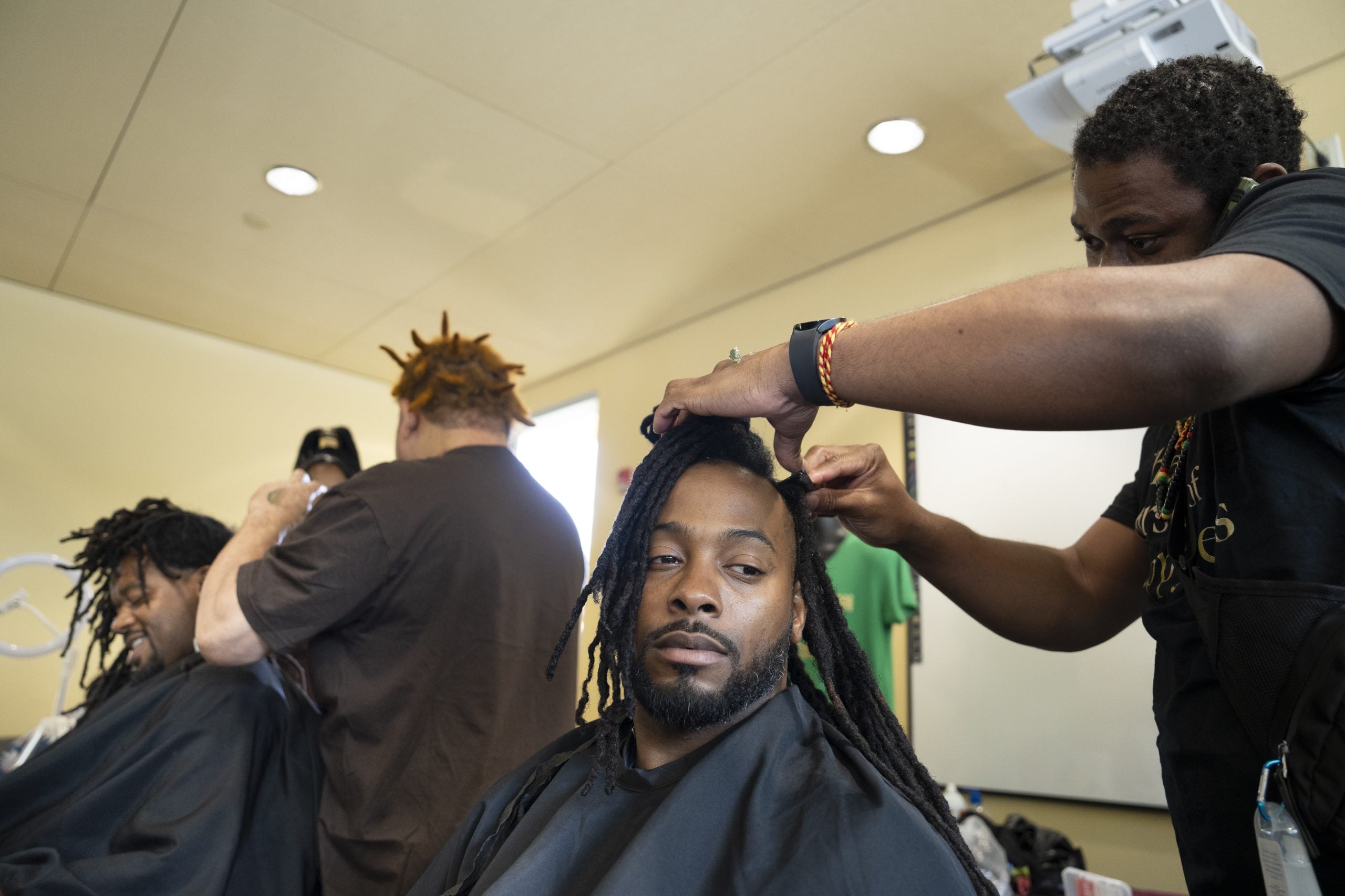



“I wanted to make sure they felt taken care of while there,” noting that it wasn’t the typical health fair that hands out pamphlets or hooked attendees to blood pressure cuffs.
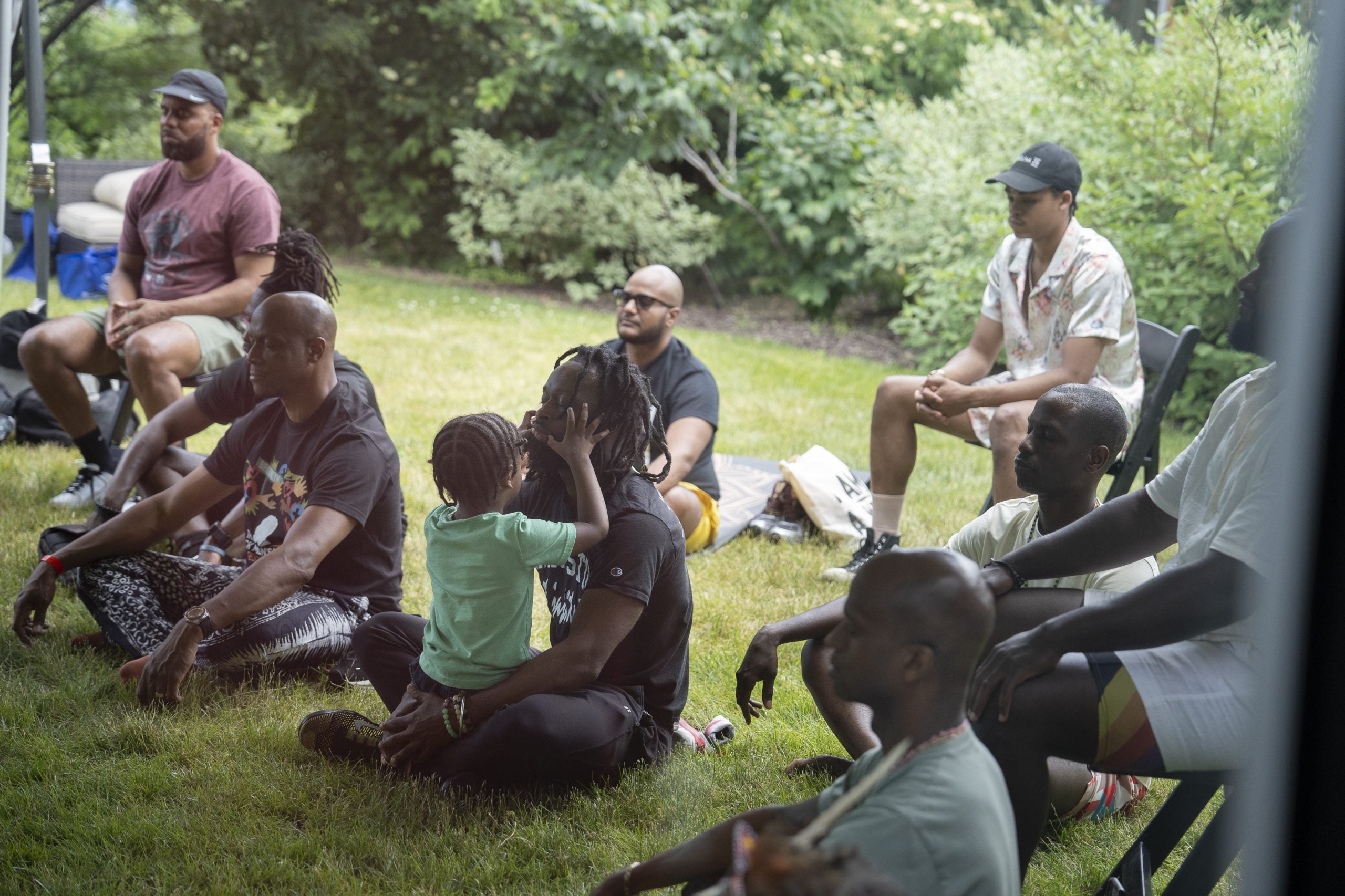



“I want everyone to feel like they are walking away with a renewed sense of self.”
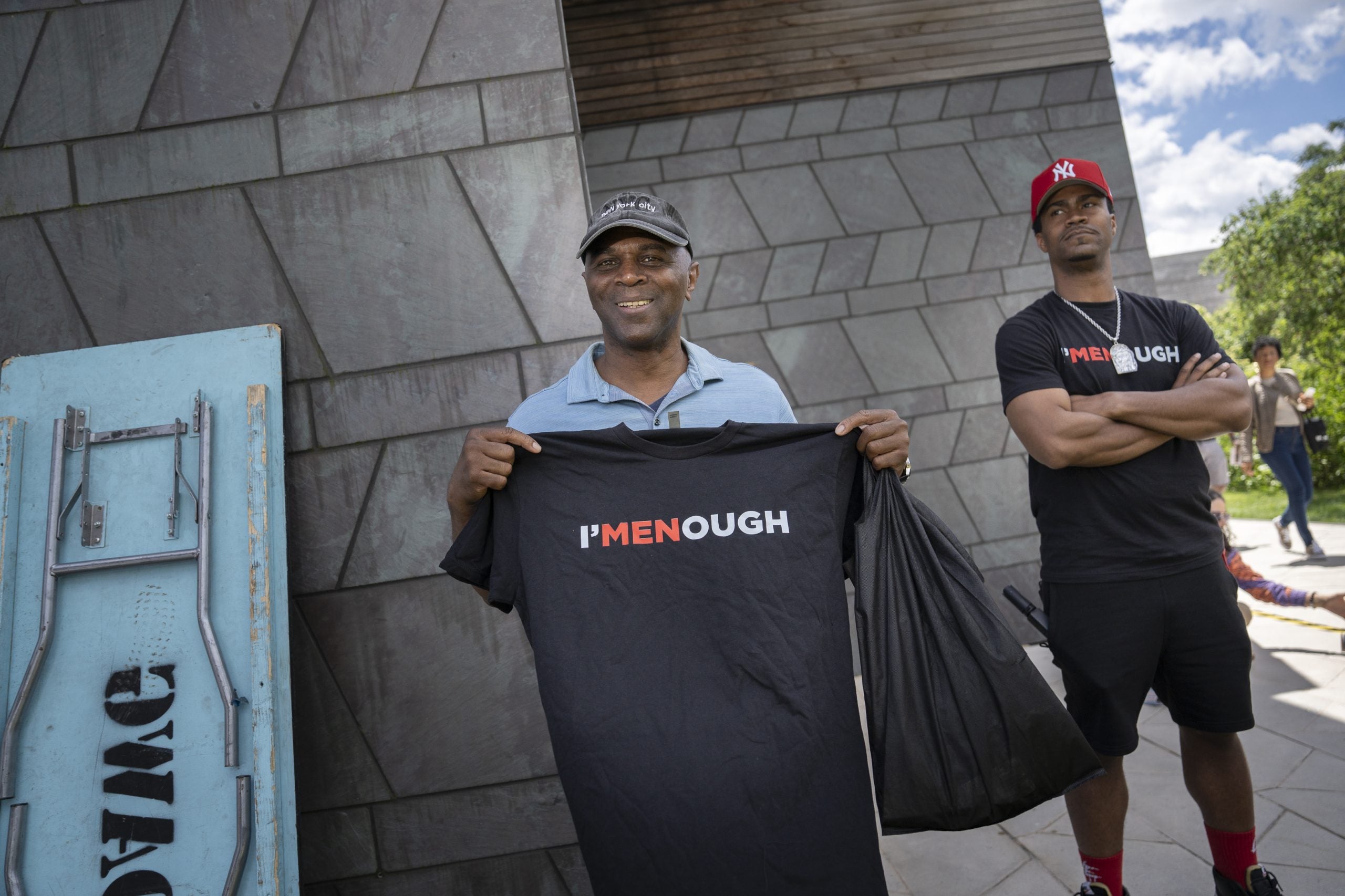



For next year, Williams says he wants the festival to cast an even wider net.
“I really want to continue spreading the word that men Black men have to start showing up for ourselves,” he shares. “What I want is to create more spaces where we can help men to see the value of showing up for themselves, put together retreats and things of that nature, where they can understand the value of learning who they are and loving who they are. Because when you love yourself, you can love everyone else. When you don’t, you can’t say you love your family. You can’t say I’m a family man, and you’re not going to the doctor to take care of yourself. You’re just a man existing. I want Black men to start living.”


